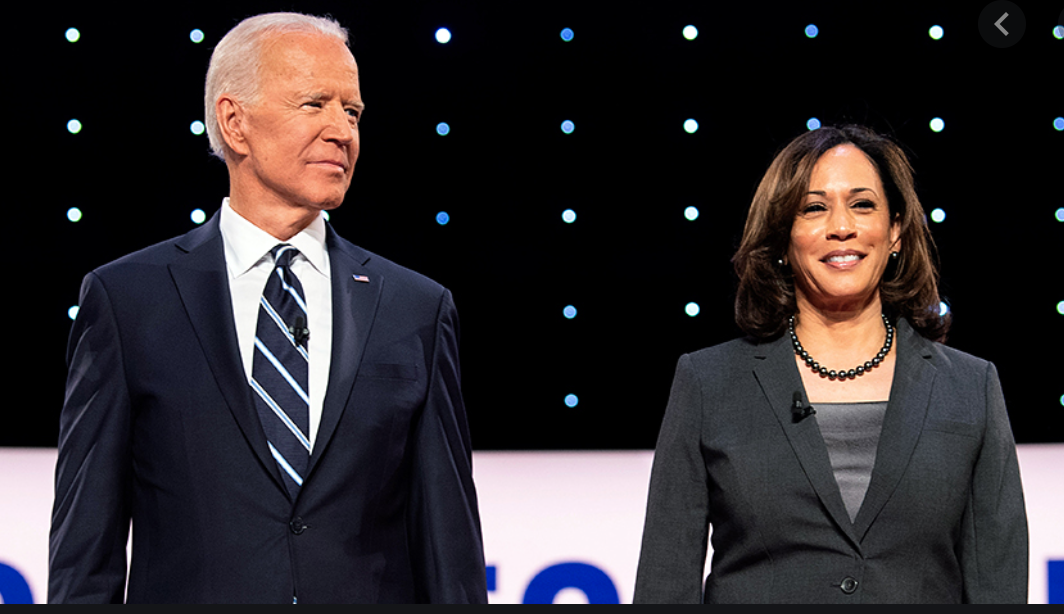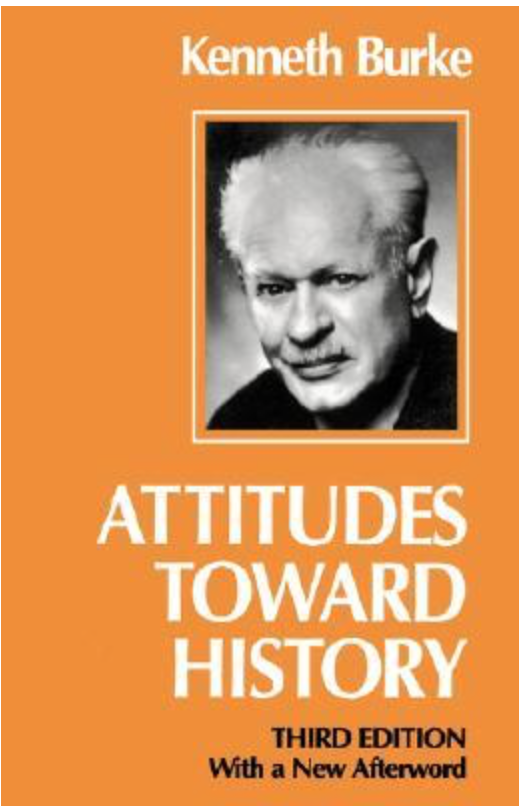Election Reflections and the Blues Idiom
The Aesthetics of the Election Results
The blues as such is about the tragedy and suffering endemic to the human condition. With the oh-so-welcome pending change of White House administrations in DC, we hope the suffering lessens or is mitigated.
Leadership attitude, style and intent matter, which is one reason why the presidential election results turned out as they did. Yes, policy prescriptions to the problems of governance in service of the body politic are crucial. But think about it: the 70 million or so that voted for 45 did so in part because they give a positive spin to Trump’s attitude, style, and intent.
Whereas I, as a radical moderate and adherent of blues idiom wisdom, disdain Trump’s attitude and style as boorish and incurably self-centered and ego-driven, with no care for the value of truth and no concern for those who are not with and “for Trump,” as he loves to says in the second-person, others perceive him as a strong, “successful” “white man.” They love it when he gives the middle-finger to the other side, and believe he is for ideas and policies that favor them and people like them.
Even if the policies of Trump can be shown to not be in their favor, they still would vote for him. Why? So often political hacks and analysts focus on facts, when political strategists know that you must factor in feelings, which automatically entails the aesthetic dimension. People who voted for Trump did so, at least in part, because of fear of what they perceive about the Left combined with a willingness to put up with the negatives of Trump’s personality and style in order to stick it to the other side and feel better about themselves in spite of the reality of the loss and pain of their everyday lives. I consider that sad, but empathy allows me to try to see matters as they might without automatically assuming that they are ignorant and racist—though, of course, some are! But not as many as the far left seems to presume.
Biden’s more moderate attitude, style, and intent also played a role for those who supported his ticket, greatly strengthened by the inclusion of Kamala Harris, a proud grad of Howard University, a prosecutorial fighter with deep Omni-American roots. Also playing a part in the five-million-person margin for Biden-Harris in the popular vote was fear of what another four years of a Trump administration would mean and bring. That’s clear when I do my own gut-check for why I voted for Biden-Harris, followed by a general agreement with their policy direction. But don’t get it twisted: in Connecticut I am unaffiliated with neither party and in local elections voted for Democrat, Republican, and Independent candidates.
Meanwhile, Back at the Ranch: People are Hurting
Be that as it may, the fact remains that in 2020, many, many people have been catching bitter and sour hell. A viral pandemic infects over 10 million in the United States alone, with nearly 250,000 deceased in illnesses related to Covid. Yesterday, the U.S. hit a grim milestone of 180,000 new cases.
Around the corner, automation will continue to decimate whole job categories and transform industries and sectors of the economy. Unemployment will surely increase. Many people with jobs are unsatisfied and unengaged. Why? Jerk managers are one reason. But to be fair, managers are caught between the increasing demands of the higher ups and the needs of their reports. For those desiring to dive into entrepreneurship, many with good business ideas lack the capital to bring them to market. The blues as such.
And because of a totalitarian, groupthink ideology pervading academia, HR departments, and liberal, leftist media, many people fear speaking up to express their own views or to question “woke, anti-racist” orthodoxy. I’d bet that millions of Americans feel that they must tiptoe in public conversations around race, diversity, fairness and justice because of fear of saying the wrong thing in the wrong way and being accused of being a racist co-conspirator of social evil. And I ain’t just talking about “white” folk feeling this way. Yet far beyond the hysteria of liberal justice warriors, regular folk face an uphill climb because of lack of leadership, ill-equipped parents, dysfunctional families, shoddy public schools, financial lack and the wealth gap, not to mention abuse in various forms.
Damn.
But What About the Credit Side of the Ledger?
But that’s not the whole story; that’s like looking at the debit side of the ledger as if there were no credits. For instance, automation also creates jobs and liberates some from drudge work. Workers and managers who strive to become their very best by study, practice, self-awareness, and learning and growing from mistakes make it possible for places of work to be worth going to daily. From experience, I know that it is possible to secure capital for a good idea with a solid business plan, strong team, and a clear pitch to receptive angel investors. And as tough as it is, there are people who rebound from lack, limitation, poverty, and trauma to flourish in life. Resilience is actually possible in spite of intergenerational trauma.
Conversations about ways to make up for past wrongs today, about the barriers that remain, about ways in a multi-ethnic society to advance the interests and improve the economic prospects of the majority who aren’t in the highest income brackets, where wealth seems to increase exponentially, are tough. Solutions and progress usually are incremental; considering the pain and struggle of folks to make ends meet, patience isn’t easy. Yet books such as Crucial Conversations: Tools for Talking When Stakes Are High point to ways to indeed have such conversations. In coming posts, we’ll discuss this and other resources to increase our ability to communicate through difference and achieve higher ground.
The Blues Idiom Attitude
Our attitude toward life and history helps determine how we respond to challenge and conflict. Our attitude toward life can even promote or diminish resilience following trauma. Since our attitudes toward life inform our stories, our narratives explaining personal, cultural, and social reality, we should attend well to our attitudinal frames. The blues idiom is an American tradition that affords an attitude toward life as a frame of acceptance and an infinite game, one that admits the truth of pain and injustice while bringing to bear other dimensions of everyday life that includes hope, joy, and optimism, even if the latter is tragic optimism.
The blues idiom was originated by a people who by necessity had to make a way out of no way. Who, like many today, still struggle, but who also have a rich reservoir of cultural resources to survive and even thrive despite the odds. One of those resources is the capacity to metabolize and transform suffering into aesthetic beauty and power. That’s why the blues as such isn’t the same as blues music. The application of conscious culture through music allowed Black Americans to devise a technology to counter the blues by playing the blues, singing the blues, stomping the blues, within a ritual and communal context of entertainment and celebration of life.
The blues is an impulse to keep the painful details and episodes of a brutal experience alive in one’s aching consciousness, to finger its jagged grain, and to transcend it, not by the consolation of philosophy but by squeezing from it a near-tragic, near comic lyricism. As a form, the blues is an autobiographical chronicle of personal catastrophe expressed lyrically.
—Ralph Ellison
The Blues Idiom Frame of Acceptance In Spite of Catching Hell
The blues idiom facilitates recognition of the fact that folks catch hell yet still strives for excellence and style anyway. This, therefore, is a heroic endeavor. The questions the blues idiom suggests we ask are: do we give up or keep fighting? If the keep fighting, how? The blues idiom way, according to a central figure in the tradition, Albert Murray, is by maintaining what Kenneth Burke is his work Attitudes Toward History called a “frame of acceptance” rather than a “frame of rejection.” A frame of acceptance recognizes, as did the founding father and mother of the blues idiom, Frederick Douglass and Harriet Tubman, the necessity of struggle, while the latter embraces pessimism and rejects admitting the good found in a history of struggle and the positive lessons derived from challenge.
The blues idiom is an ancestral tradition of survival and thriving despite the negative, and even in the very middle of trials and tribulations. Those with a blues idiom attitude and perspective know that you won’t win always, but have an orientation to life that provides the incentive and insight to carry on and keep advancing, to keep stomping those blues. Joy, fraternity, dancing, loving, striving, and communing are some of the essentials that make life worth living, even though it's true that we catch hell along the way.
Albert Murray, who coined the expression “blues idiom,” didn't deny, for instance, that black folk catch hell. In works such as The Omni-Americans and Stomping the Blues he sought to capture as much of the other aspects of Black American life that made (and makes) our culture and style so attractive, so electric, so magnetic. At the end of the day, even while catching hell, we have to decide whether to live or give up. If we decide the former, Murray suggested that we live it up with as much style and excellence as we can for as many (musical) bars or measures as we’ve got.



